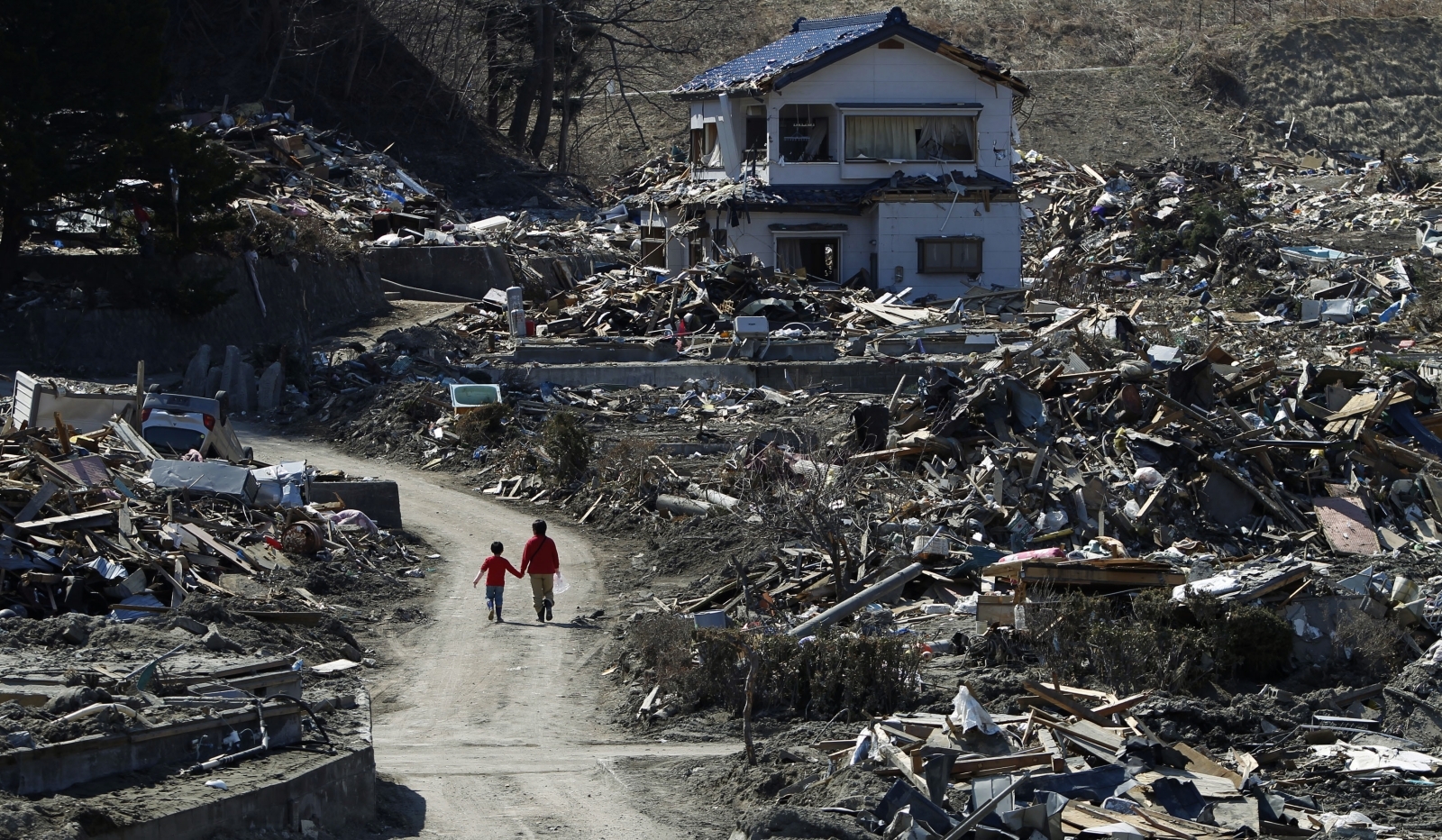Fukushima operator to pay £100,000 to family of 102-year-old who killed himself when told to flee
KEY POINTS
- Fumio Okubo took his own life after he was told to leave his home following the nuclear disaster.
- Japan's 2011 tsunami sparked the world's worst nuclear disaster since Chernobyl.
The operator of the Fukushima nuclear power plant has been ordered to pay 15.2 million yen (£100,000) in compensation to the family of a man who killed himself when he was told to flee after tsunami waves overwhelmed the reactor.
The tsunami that struck the Japanese coast in 2011 sparked the world's worst nuclear disaster since Chernobyl, affecting approximately 32 million people.
Thousands of people were told to leave their homes in April 2011, a month after the tsunami sent the Fukushima plant into meltdown.
102-year-old Fumio Okubo, who lived in a village 40km (25 miles) from the plant, was among those told to leave.
After he received the evacuation order, he took his own life. "I don't want to evacuate," he told his family shortly after being told to leave.
"I lived a bit too long," he reportedly told his granddaughter Mieko.
"For grandpa, the evacuation order was the same as being told to 'die,'" Mieko said.
Fukushima District Court concluded on Tuesday (20 February) that Okubo's suicide was linked to "strong stress" at the thought of having to leave his home. He had never lived outside the small village of Iitate and feared that he would be a burden to his family, the family's lawyer said.
"It is significant that the court recognised the eldest man in the village who would have lived out his final days in his homeland was hit by such a terrible tragedy," the lawyer told the court.
"[Okubo] suffered unbearable pain as he was highly likely to die without being able to return home," Judge Hideki Kanazawa ruled.
The court ordered Tokyo Electric Power Company (TEPCO) to pay 15.2 million yen in damages to Okubo's family.
In 2015, TEPCO was also ordered to pay compensation after a judge ruled that several suicides were directly linked to the 2011 nuclear disaster.























